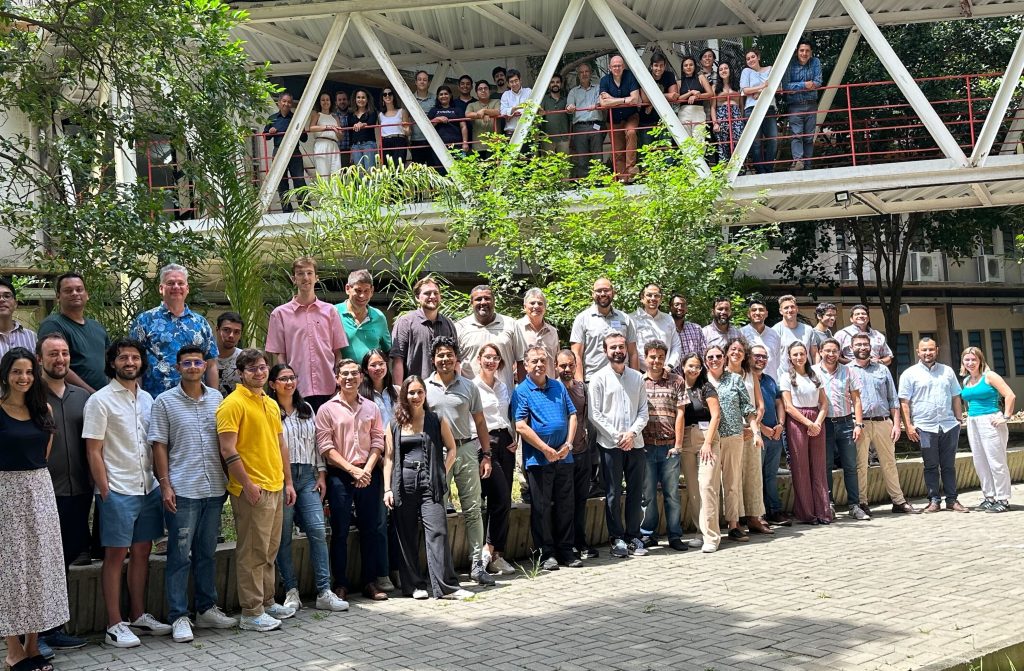Rudolf Yeganyan – who has been leading our energy modelling and capacity-building activities for three years now, explains the latest development aimed at supporting countries to empower themselves in their energy planning and policy decisions.

One of the barriers to achieving a clean energy transition in the Global South is when policy and planning teams in government do not have the knowledge or skills they need, to analyse data and produce scenarios using energy modelling tools.
Often external consultants may have been used to provide this analysis but that fails to create a legacy of embedded knowledge within the country, and it can be expensive.
At CCG we overcome this barrier by providing free training and support to these planning teams and we call this ‘capacity-building’. Our capacity-building services are designed to gradually build and sustain levels of competence in energy modelling, allowing practitioners to confidently apply the tools in their professional roles. Using a variety of approaches, CCG trains policymakers, advisors and academics, catering for both mid-career professionals and graduate students. That way, the skills and knowledge are established within a ministry and/or university for the long term and can be passed on to other colleagues in future.

Energy Modelling Platform (EMP) Track Record
In 2020, CCG began supporting the EMP in cooperation with the OpTIMUS community and since then we have held nine capacity-building events. Each year they get bigger and spread across the globe. We have learned from them that there is a real need for us to provide support for teams of policy makers and academics, and not just individuals. So we have now launched a team training initiative we’re called the CCG Bootcamps.
CCG Bootcamps
The bootcamps offer teams of researchers or policy makers intensive training and coaching, orientated towards the delivery of a major analytical piece of work like a government plan or strategy or an academic research paper. There are three choices of bootcamps:
- The Scholars Bootcamp is designed for academics. It supports a group of academics who would like to undertake intensive capacity building and publish an academic paper.
- The Partners Bootcamp is aimed at international partners undertaking a capacity building exercise as a part of their engagement project. It supports that project’s capacity building component.
- The Data-to-Deal Bootcamp is for country planning teams or international organizations working with country planning teams, who would like to follow the proven Data-to-Deal framework in creating a decarbonization plan or energy transition strategy with which to secure investment.
Apply now to be part of the first Bootcamps
There is more information and an application form for each type of Bootcamp on this page:
